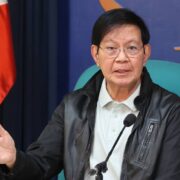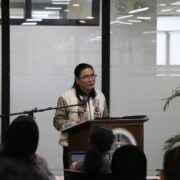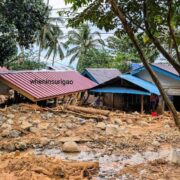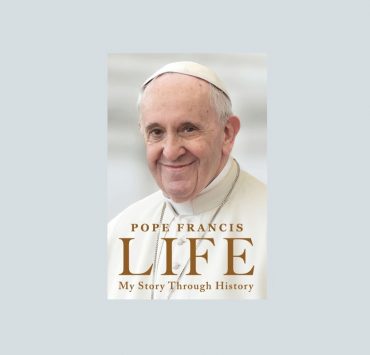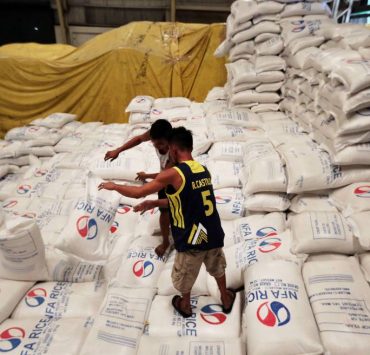When film excellence meets women’s health advocacy
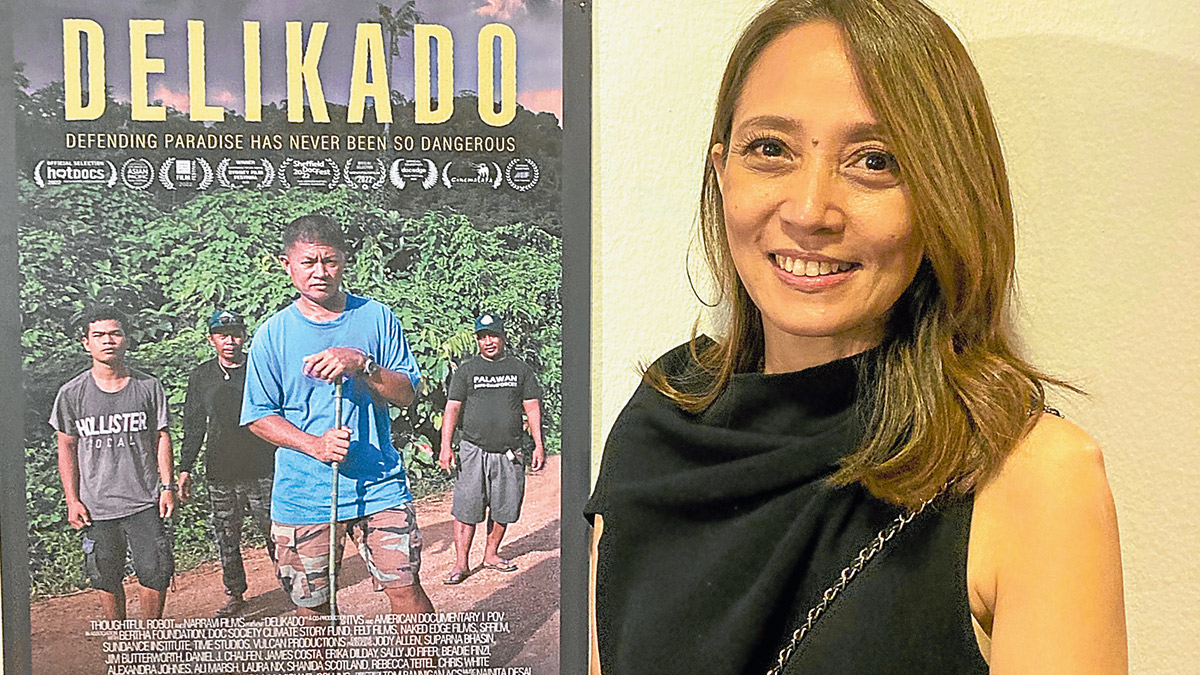
In July 2013, I was in the lobby of St. Luke’s Medical Center in Global City, headed for my first chemotherapy session, when I ran into Kara Magsanoc-Alikpala.
“Oh, I was in the area,” she said nonchalantly—an outright lie, I would learn many years later: My friend had come to check on me.
Kara is a cancer patient advocate and documentary filmmaker. The journalism genes, she most likely (and proudly) inherited from her maverick of a mother, the late, much-missed Philippine Daily Inquirer editor in chief, Letty Jimenez-Magsanoc. The breast cancer advocacy, helped along by the fact that her father Carlitos and brothers Nikko and Marti are all doctors, happened because Kara is a survivor as well—one who wasted no time in helping countless other women in the same predicament.
In 1997, Kara was executive producer of the acclaimed documentary “Batas Militar,” a film about martial law under Ferdinand Marcos. That was the same year she was diagnosed with breast cancer.
Two years later, she and fellow survivors Crisann Celdran, Bet Lazatin and Becky Fuentes established the ICanServe (ICS) Foundation Inc., which, according to the ICS website, aims “to provide a circle of support for women who were newly diagnosed, women on cancer treatments and women in remission navigating through their ‘new normal’ life.”
There was also the pressing need to keep women educated on their options, and to banish the stigma that breast cancer was a death sentence even today, in a country with the highest incidence of breast cancer in Southeast Asia.
Free patients’ manualIn 2000, Kara spearheaded the first publication of “ICanServe: A Network of People, Places and Services for the Philippine Breast Cancer Community,” the first breast cancer patients’ manual—which was given away for free. In 2008, consistent with the group’s mission of saving lives through early detection, ICS started the “Ating Dibdibin” program in partnership with proactive local government units, with breast examinations, forums and other events for women who would not have known otherwise where to begin in dealing with breast health.
Always, Kara—slim, ubiquitous and perpetually stylish in her ICS T-shirt—would be there to welcome women, knowledgeable and gently authoritative when discussing among global experts, and warm and totally approachable when speaking to women from poor communities.
In 2022, ICS was at the forefront of the 6th Southeast Asia Breast Cancer Symposium held in Manila, counting almost 2,200 online participants from over 20 countries. The following year, “You Can Do This: A Breast Cancer Patient’s Manual,” an online update of the 2000 version, was published in three languages—again, free to all who needed it.
Kara remains vice president of the Cancer Coalition of the Philippines, which pushed for the passage of the National Integrated Cancer Control Act in 2019.
Award-winning documentariesIncidentally, in between all the demands of the advocacy and being wife to businessman Dondi Alikpala and mother to Ariana—a miracle baby born after she beat cancer—Kara has managed to keep working on documentaries, tackling subjects people were terrified to touch.
In 2018, “Call Her Ganda,” about the murder of Filipino transwoman Jennifer Laude by a US Marine, won a bronze medal at the New York Film Festival, and was nominated for a GLAAD (formerly the Gay and Lesbian Alliance Against Defamation) media award. In 2022, she was part of the teams behind “Delikado,” a courageous film about illegal logging operations in Palawan, and “11,103,” which hauntingly reexamined the lives of martial law survivors, especially in light of the Marcos dynasty’s return to power.
“We tried to make it friendly to the point, we hope, that you feel us holding and hugging you, and telling you, you will survive!” Kara wrote to breast cancer survivors in the Foreword of “You Can Do This.”
And you know in your heart that, yes, she will hug you and fight for you at the same time. INQ


